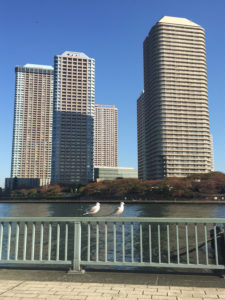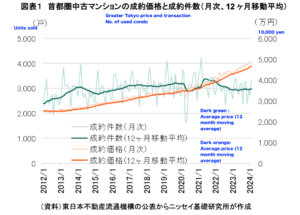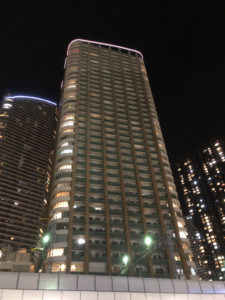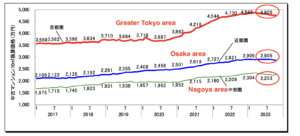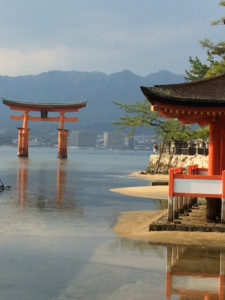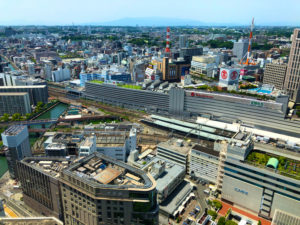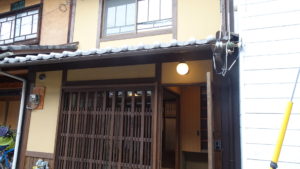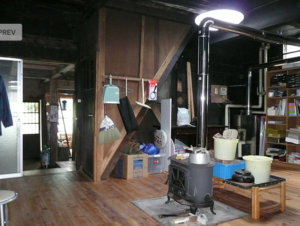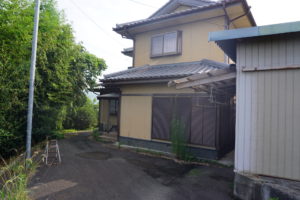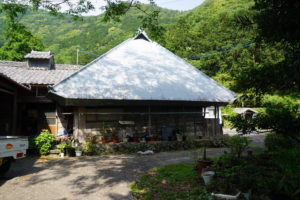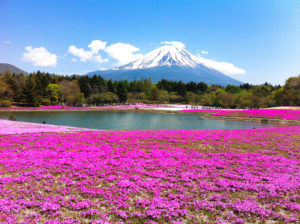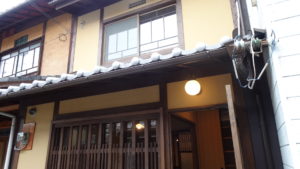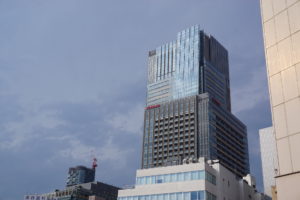
Summary of CBRE Japan Retail MarketView Q1 2024
Who is CBRE?
CBRE Group, Inc. (Coldwell Banker Richard Ellis) is a global commercial real estate services and investment firm headquartered in Los Angeles, California.
With operations in over 100 countries, CBRE is the world’s largest commercial real estate services and investment firm, offering a broad range of services,
including property sales, leasing, management, valuation, and advisory. Renowned for its extensive market research and industry insights,
CBRE provides valuable data and analysis to help investors, property owners, and tenants make informed decisions in the real estate market.
Overview
The CBRE Japan Retail MarketView (commercial properties) for Q1 2024 provides a comprehensive analysis of the retail real estate market across various key high street areas in Japan.
The report highlights trends in vacancy rates, average rents, and sector-specific demand, focusing on both Tokyo and regional cities.
Understanding Tsubo
In the Japanese real estate market, “tsubo” is a common unit of measurement for area. One tsubo is approximately 3.3 square meters or 35.6 square feet.
This unit is often used when discussing property sizes and rental rates in Japan, especially in the context of commercial and retail spaces.


